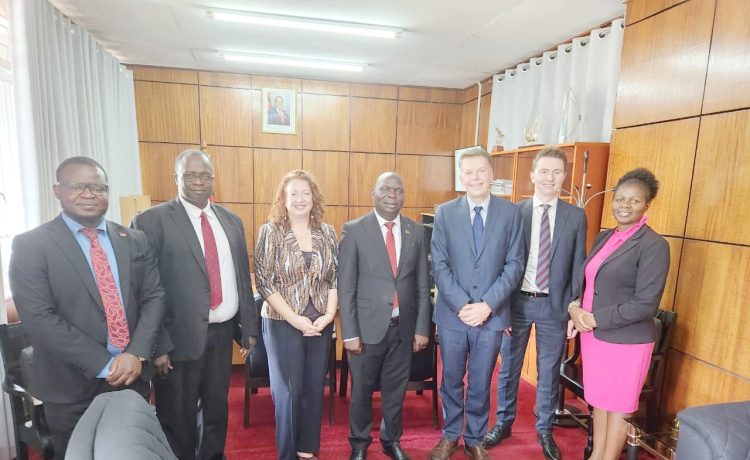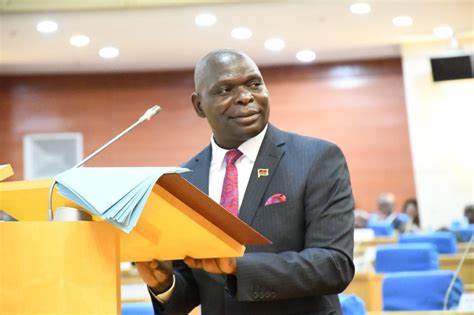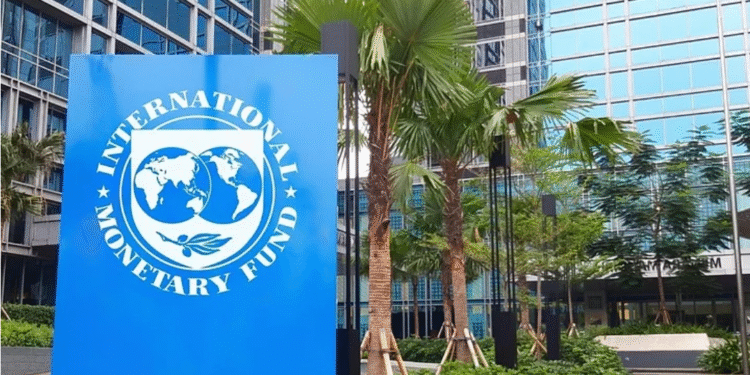By THE SATIRIST WITH A MEMORY AND A CALCULATOR
It finally happened. The IMF, with all the polite patience of a British butler watching a house burn down, has pulled out the plug on Malawi’s Extended Credit Facility. Cue panic. Cue political finger-pointing. Cue press conferences filled with economic thesaurus entries and moral outrage.
The temptation now, of course, is to blame the incumbent government. To pretend this moment of fiscal failure is a spontaneous combustion rather than the inevitable conclusion of decades of economic self-sabotage. But let’s be clear: this isn’t a political party’s problem. This is a national habit.

A Habitual Default Setting
Malawi has contracted 18 IMF-supported facilities since 1979. Of the 13 ECF/ESF agreements we’ve entered, only three have been successfully completed. That’s not a bad batting average. That’s a chronic condition. If ECF compliance were a university degree, we’d still be repeating first year.
Governments have come and gone. The UDF sold us liberalisation without a seatbelt. The DPP expanded debt and opacity in equal measure. Joyce Banda gave us Cashgate the nation’s first televised looting tutorial. And now, after inheriting three decades of broken promises, the Tonse government is being handed the invoice and told to explain why the house fell apart.
Yes, mistakes have been made. But this administration did not invent the script. They’re simply performing act four of a very long and badly written play.
Why the IMF Is Tired
Yes, the IMF has pulled the ECF. But can you blame them? We sign up for reforms we never implement, anchor budgets on slogans not substance, and revert to domestic borrowing the second donor taps go dry. Our relationship with the IMF has all the ingredients of a toxic romance lofty promises, chronic betrayal, and loud breakups that always end with another desperate reconciliation.
Every year, we create a budget with one hand and tear it up with the other. We pledge zero-deficit frameworks and then overspend on maize and elections. We swear off donor dependency while aggressively applying for new grants. We promise exchange rate reforms and then whisper to the Reserve Bank to keep the Kwacha looking civil for campaign season.
Context Isn’t an Excuse. But It Is a Clue
Let’s be fair. This government walked in with a broom and found the floor missing. Cyclones, COVID, global fuel shocks this wasn’t just a mess, it was a storm. And yet, even amid the chaos, there were serious attempts to restore macroeconomic credibility. The devaluation wasn’t popular, but it was necessary. The reforms were real if not always fast.
The ECF isn’t a magic pill. It’s a treadmill. It only works if you keep walking. This government tried to walk, sometimes jogged, and often had to balance reform with the reality of governance in a country that demands results yesterday.

The Political Spectacle: Hypocrisy on Parade
Now come the opportunists. Politicians who’ve seen more budget support vanish than development occur now claim moral high ground. But where were they when ADMARC collapsed under the weight of ghost employees and unpaid bills? Where were they when forex was being auctioned behind closed doors? When domestic borrowing turned into a national addiction?
They are not shocked. They are nostalgic. Because the IMF leaving simply confirms they are no longer at the centre of the negotiation table or the deal.
What Now?
Malawi will survive this. It always has. Not through miracles, but through hard resets. Through realism. Through leaders who acknowledge that the IMF is not Santa Claus, and structural reform is not an Instagram post.
This should be a moment of collective ownership. A time to admit that budget slogans do not a fiscal strategy make. That reform is a political fight, not just a policy document. And that growth will come not from memorandums of understanding but from actually understanding the mess we are in.
Conclusion: We’ve Been Here Before, Let’s Not Come Back
The ECF is gone for now. But what must go with it is the myth that each party arrives fresh and blameless. That every new budget is a clean slate. It’s not. It’s an inheritance, and we’ve all played a part in squandering it.
This administration may not have fixed everything but they have, at the very least, stopped pretending the engine is fine while smoke pours from the bonnet.
So, the next time a politician mounts the stage to denounce the current government for “failing to keep the IMF,” ask them to list how many ECFs their party signed and abandoned.
The numbers speak. And this time, so should we. With honesty. With memory. And maybe, just maybe with a plan.








